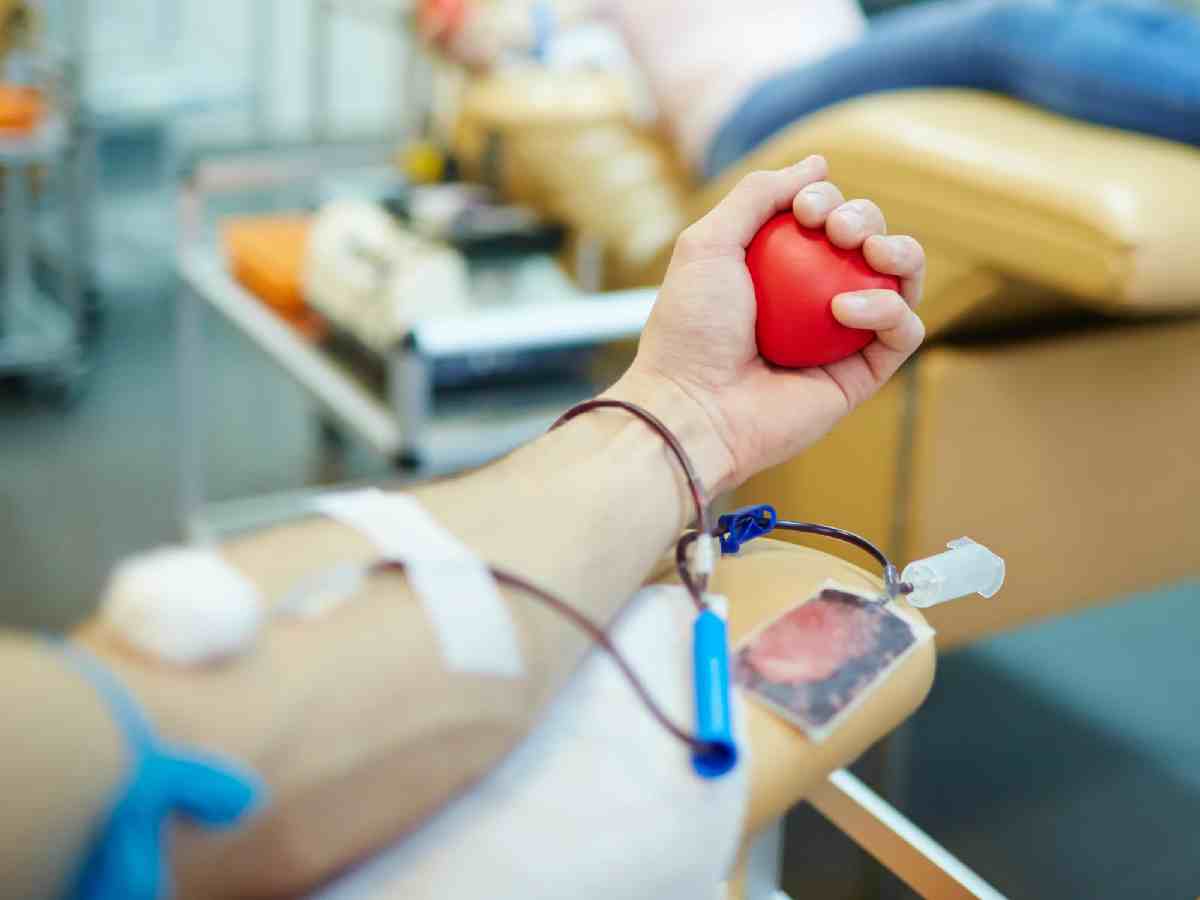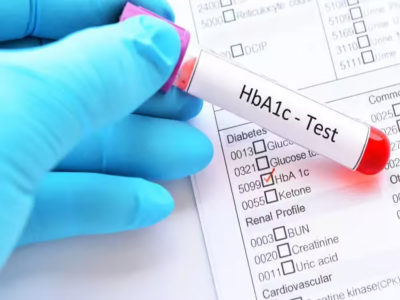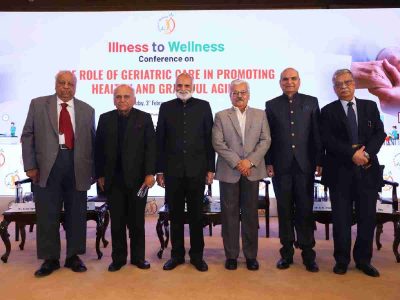World Blood Donor Day falls on June 14 and is meant to celebrate those who save lives silently by taking a few simple steps in the right direction. As of May 30, 2025, approximately 118.54 million blood donations are made worldwide, with a single donation capable of saving up to three lives. A better world can only be built through a generation’s small acts of kindness, and donating blood is one of them.
Why regular blood donation matters
Every year, millions of women haemorrhage during childbirth, with severe bleeding becoming a leading cause of maternal deaths. Millions of small children suffer from severe anaemia due to malnourishment, often exacerbated by diseases like malaria. Conditions such as thalassemia, leukaemia, and sickle cell anaemia all require blood transfusions. Timely access to safe blood can save many of these lives that would otherwise be lost to tragedy.
The World Health Organisation, in observance of World Blood Donor Day, organises campaigns to raise awareness and encourage both new and regular donors to come forward. However, they are not alone in their efforts. Numerous organisations make the process of blood donation easy and safe enough for any healthy adult to participate. One such organisation is Thalassemics India.
In a conversation, Nanni Singh, executive member on the board of Thalassemics India, urged people to donate blood, calling it not only a kind act but also a healthy one.
“Blood donation is nothing to fear. In fact, every healthy adult should donate once every three months. Remember always that blood can only be shared, not manufactured. One unit of blood can save three lives. Why wait? What is the fear? It is only one needle prick, which is lighter than even an ant bite. And now the systems are so hygienic and sanitised which makes blood donation risk-free.”
When asked about the work she and her organisation do, she shared, “ThalassemicsIndia is perhaps the oldest body working for the care and control of thalassaemia patients since 1987. We collaborate with different government and social bodies to bring awareness about the preventable blood disorder. We help organise blood donation and screening camps and work closely with blood banks and hospitals for optimum care of our thalassaemia patients across the country.”
How to donate blood and who can do it
To be eligible to donate blood, one must meet the guidelines prescribed by the WHO and the ministry of health. You must be between 18 and 65 years of age. You should not be suffering from flu, stomach bugs, or any other illness at the time of donation. Your weight must be at least 50 kilograms. Your haemoglobin level must be more than 12.5. Additionally, if you’ve had a tattoo or body piercing, you must wait six months before donating blood. Many other regulations are observed by organisations, and once these basic requirements are met, you’ll be screened further before being cleared for donation.
The process of donating blood in Delhi includes several crucial steps. Amit Kumar, deputy manager at Lion’s Blood Bank, explained each step for better understanding.
It begins with the donor filling out a registration form. After this, a counsellor guides them through the process to ensure they are prepared. A haemoglobin test follows, and if the donor qualifies, they are directed to doctors for a detailed screening to rule out any potential deferrals (reasons for rejection).
Once cleared, the donor is issued a blood bag, and a technician verifies their identity and documents. The donor is shown the fresh, sterilised needle before use, and the skin is properly cleaned before the vein is located. After the blood is drawn, the donor is offered refreshments and a short rest period.
At the end of the process, donors receive a donor card. This card entitles them to one unit of blood for themselves or their family, completely free of cost, within the next year. A follow-up counselling session ensures that the donor is in good health before they leave.
Also Read: Understanding gender affirmation surgery: A surgeon’s perspective
Finally, donors receive a report containing their screening results. This report includes tests for HIV, Hepatitis B and C, Syphilis, Malaria, and other diseases.
If one is unable to donate blood for any reason, he/she can still contribute to the cause. This can be done by volunteering at blood banks, helping to organise donation camps, spreading awareness about the benefits of blood donation, and encouraging healthy individuals to donate.





